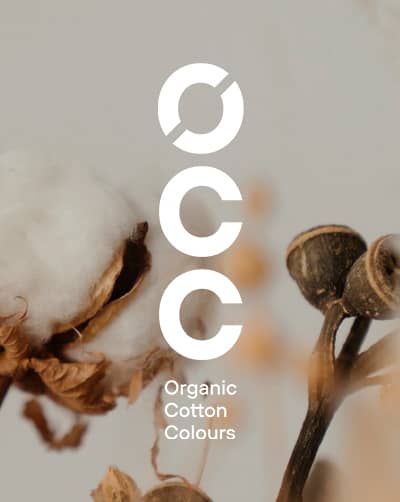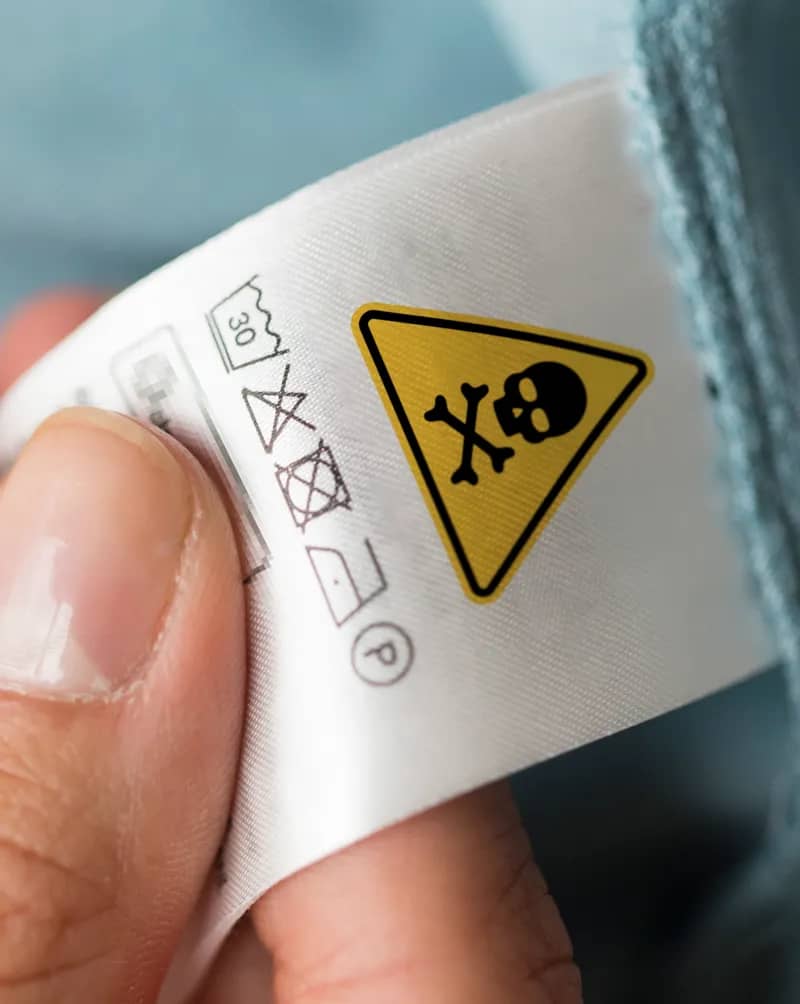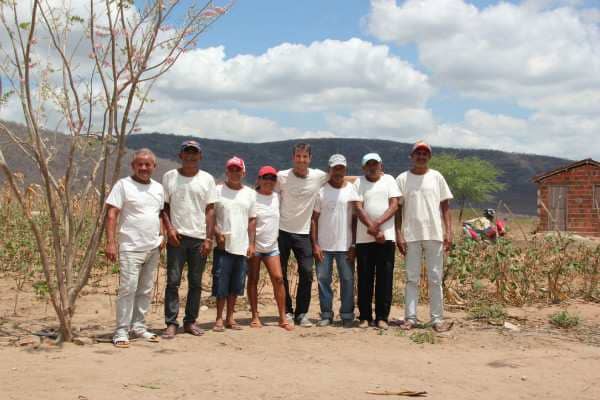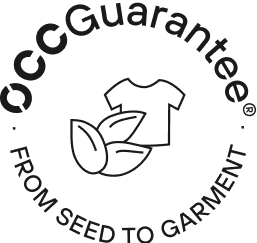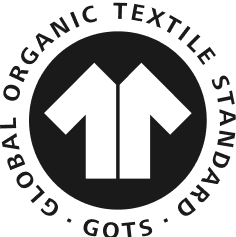By Santi Mallorquí, CEO of Organic Cotton Colours. In the previous chapter, I told you how we ended up losing the 2013 crop season. The reason was that the government NGO assisting the farmers stopped receiving funds from the state, communication was cut off, and no one knew how to redirect the situation. There, I learned that we had to act without intermediaries and create our own network of farmers committed to our project. The next trip to Brazil was in August 2014. We traveled a good part of the northeast, visiting previously selected families; I had the feeling that “the third time was the charm.” Diógenes Fernández was already part of the OCC team and turned out to be the person we needed; he knew the terrain and was well-received among the farmers and Embrapa. Embrapa is a federal agency that supplies seeds and provides technical assistance to farmers. Without them and without the invaluable almost personal assistance of Fabio Aquino, head of the organic cotton department, our good intentions would have been in vain. Obtaining the seeds is already a delicate process because they may be contaminated with genetically modified species. This happens because many types of seeds circulate, and not all farmers are aware of the importance of knowing their origin, due to pollination from adjacent fields. It is also common for contamination to occur in the ginning process if it has been carried out in a company that combines conventional and organic cotton. It was crucial to start on the right foot and ensure good seeds. Normally, they are marketed lint-free, meaning without fuzz, considered cleaner and with less risk of transporting insects. However, aggressive chemical agents are used to remove the fuzz around the seed. So, obtaining enough lint-free seeds in our 3 colors was quite a challenge. Technical assistance posed another significant challenge, given the enormous distances that had to be traveled on dirt roads to meet a group of families at their residence. In the best cases, 6 to 10 families are grouped into “settlements,” which are like small groups of houses surrounded by crops. Each settlement is part of a regional cooperative. They receive training and follow-up for the plantations at home, so to speak. Among families, they help each other in preparing the fields and in the manual harvesting, which can take a month, as only the plumage in optimal ripening conditions is collected. On that trip, we visited cooperatives in 4 states: Piauí, Rio Grande do Norte, Paraíba, and Pernambuco. We felt the danger of traveling the interstate roads in

